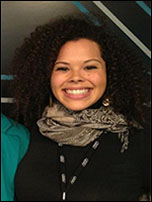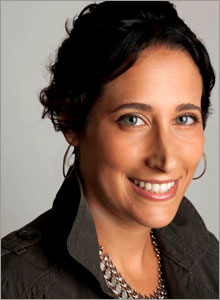Today, we are interviewing literary agent Holly Root of Waxman Leavell Literary Agency. Thank you, Holly, for being here today.
Me: How did you become an agent?
I came up the very classic, old-school pay-your-dues way. After an early stop at a Christian publisher on the editorial side, I started my road to agenting in the William Morris agent trainee program–in which, yes, you start in the mailroom–before moving to Trident, where I was an assistant for several agents from whom I learned a great deal, apprentice-style, and then cut my dealmaking teeth as the audio rights agent there. Seven years ago I moved to Waxman and I’ve been happily here ever since.
Me: Many of my readers are aspiring authors and are actively looking for their first agent. Can you tell them a little bit about what the author/agent relationship is like? What can they expect after they sign with an agent?
The biggest thing that seems to throw new authors is that an agent/author relationship has on times and off times. Right after you’re signed there tends to be a lot of communication–editorial feedback, submissions plans, updates on the submission, dealmaking details. Then once the train is on the track, that shifts–you won’t be hearing from your agent every day, necessarily. And that’s normal! There’s an ebb and flow to the communication that eventually feels very natural, especially if the fit is good–the writer feels free to run up a flag if they need something, and I will pop into their inbox with an idea or suggestion…but it’s not necessarily daily, which I think sometimes throws people for a loop.
Me: What are you looking for right now in fiction submissions and not getting? Are there any subjects or genres that are near and dear to your heart? And on the flip side, what are you getting too much of?
Definitely seeing too much paranormal–I’m still (still!) getting tons of books with kids with elemental powers, or a sexy angel boy, and those would be really tough sells right now. I love contemporary realistic YA but the biggest flaw I see are books where things happen to the protagonist’s best friend/sister/parents and the protagonist is just an observer rather than having an emotional arc of their own. I’d love to see more sibling stories–I love romance but I think there’s also room for books about other kinds of love that are just as fierce. I’m also a sucker for awkward first love–I mean, none of the boys I knew as a teen were half as suave as some of the guys running around the YA shelves. I also have a soft spot for SFF, especially when I can tell the writer is passionate about the genre (I see a lot of books that are just too close to certain big titles within the genre to feel fresh to me–understandable, as SF tropes have now permeated so much of pop culture).
Me: What is one thing about you that a writer would be surprised to learn?
I have absolutely zero interest in writing a book myself, much to my grandfather’s dismay. I have seen behind the curtain and know too much about how hard it is!
Me: Best piece(s) of advice you can give a writer we haven’t talked about yet?
The single best piece of advice is probably that sometimes you have to ignore advice. Maybe not the “don’t write all twelve books of an epic space opera involving the torrid love between a werewolf and a dinosaur…for middle grade” kind of advice (some things are just wrong) but I think there’s so much out there now that you can “research” your way right out of ever finishing a book, or have so many ideas of what won’t sell/won’t work that you’re shooting down your own nascent ideas before they have a chance to breathe a little. I see a lot of submissions that are technically perfect but lack that spark–they feel manufactured, overly careful to try to be what someone said they wanted. Don’t pay so much attention to industry stuff that you contort your way out of what makes you special as a writer.
Me: Are you open to submissions? If so, how should a writer go about submitting?
I am, although thanks to my terrific clients keeping me very, very busy in 2013 (and the recent arrival of my first son!) I haven’t signed many new clients of late. I do hope to find a few wonderful new authors to add to the mix in 2014, though, so please do keep me in mind. Email your query letter & first 10 pages in the body of an email to hollysubmit(at)waxmanleavell(dot)com.


